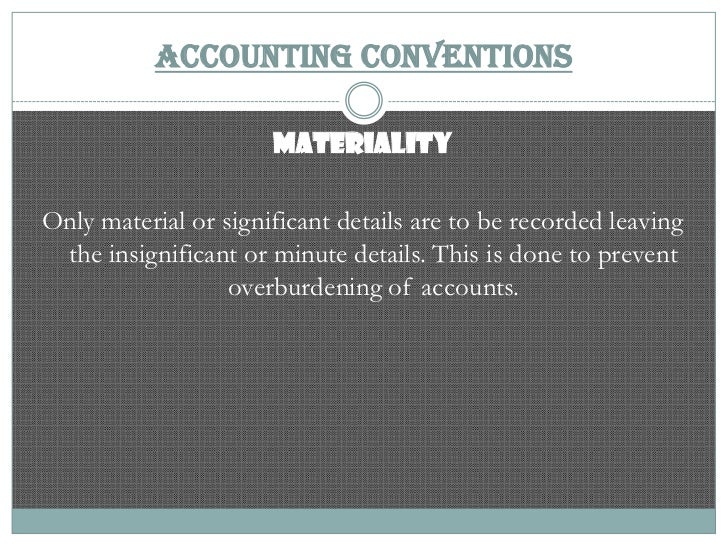
- #Generally accepted accounting principles gaap are license
- #Generally accepted accounting principles gaap are professional
- #Generally accepted accounting principles gaap are free
These factors include when the profitability of the company is threatened by economic, industry, or entity operating conditions or when there is excessive pressure to meet financial targets or when internal controls are deficient. These professionals must also be able to identify factors commonly associated with fraud. How Accounting Professionals Can Damage Your BusinessĪccounting professionals must maintain a certain level of skepticism regarding risk factors that may contribute to fraud, especially when performing an audit.
#Generally accepted accounting principles gaap are license
Embezzlement, violations of federal and state securities laws, wrongful certification of financial statements, and license fraud are examples of gross negligence committed by financial professionals. Gross negligence includes more serious errors in which accepted accounting standards are significantly deviated from. Simple negligence includes errors the average accountant would not make. If your accountant engaged in such practices as giving you incorrect advice on accounting matters, failure to detect fraud, accounts receivables errors, faulty estate planning advice or poorly kept financial books, these are likely incidences of simple negligence.
#Generally accepted accounting principles gaap are professional

Elements of an Accounting Malpractice Suit
#Generally accepted accounting principles gaap are free
The auditor must evaluate whether the financial statements of the business are free of material misstatement and whether that misstatement is due to fraud or simple error. GAAS guidelines are divided into general standards, the standards associated with fieldwork, and the standards associated with reporting the results. GAAS contains systematic guidelines, which are meant to ensure accuracy, consistency, and verifiability of accounting procedures and results. One of the primary methods of overcoming any potential accounting errors or omissions is through the auditing process. Business owners and third parties who rely on financial statements are entitled to be confident the data is free of inconsistencies or bias.

Essentially, this means that variations in applied accounting methods are accommodated only so long as they adhere to stated principles. A key aspect of GAAP is the emphasis on “general,” which allows for some discretion in how principles are followed. GAAP provides a framework, which covers both general principles as well as specific practices. When financial professionals fail to adhere to Generally Accepted Accounting Principles (GAAP) or Generally Accepted Auditing Standards (GAAS), accounting malpractice may have taken place. In some cases, this trust can be misplaced, and you could find yourself the victim of accounting malpractice.

Sign Up for Our Free Newsletter on Getting Better Health Care.Better Health Care Newsletter from Patrick Malone.Legal Deadlines for Filing Your Personal Injury Lawsuit.Patrick Malone & Associates Offers Scholarship to Law Students for Representing Real People.


 0 kommentar(er)
0 kommentar(er)
